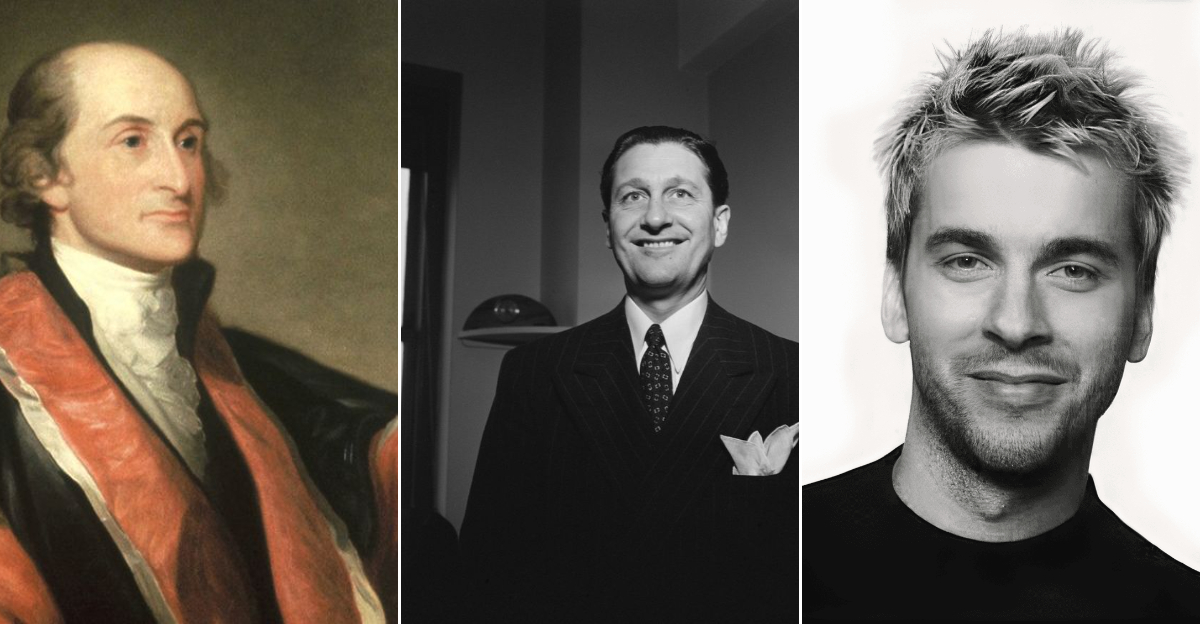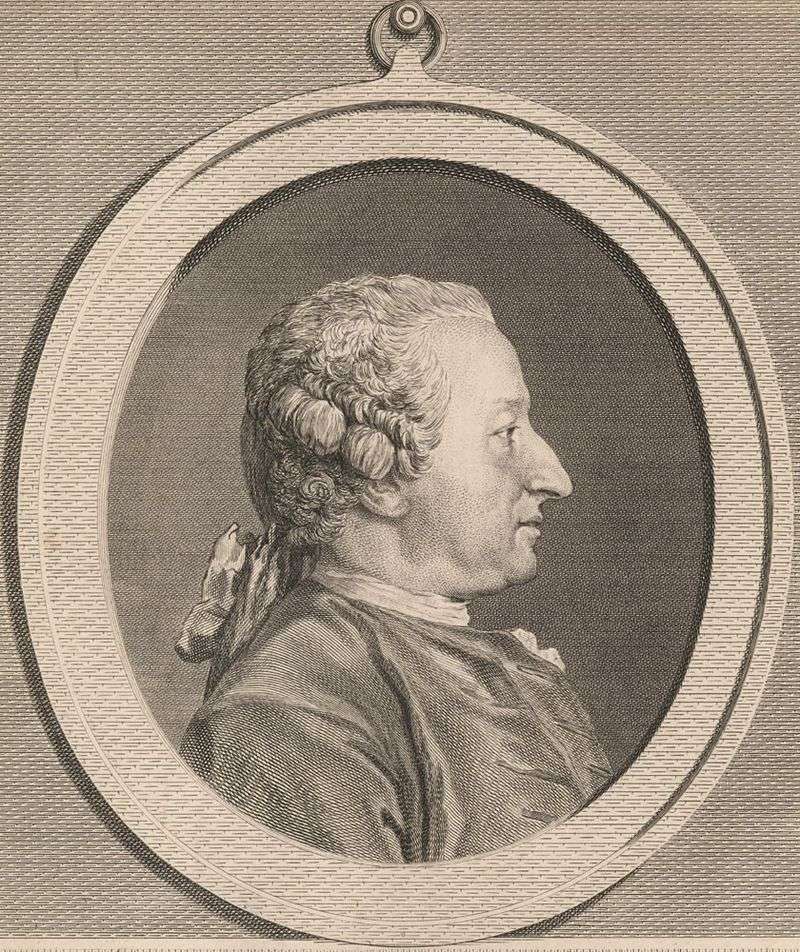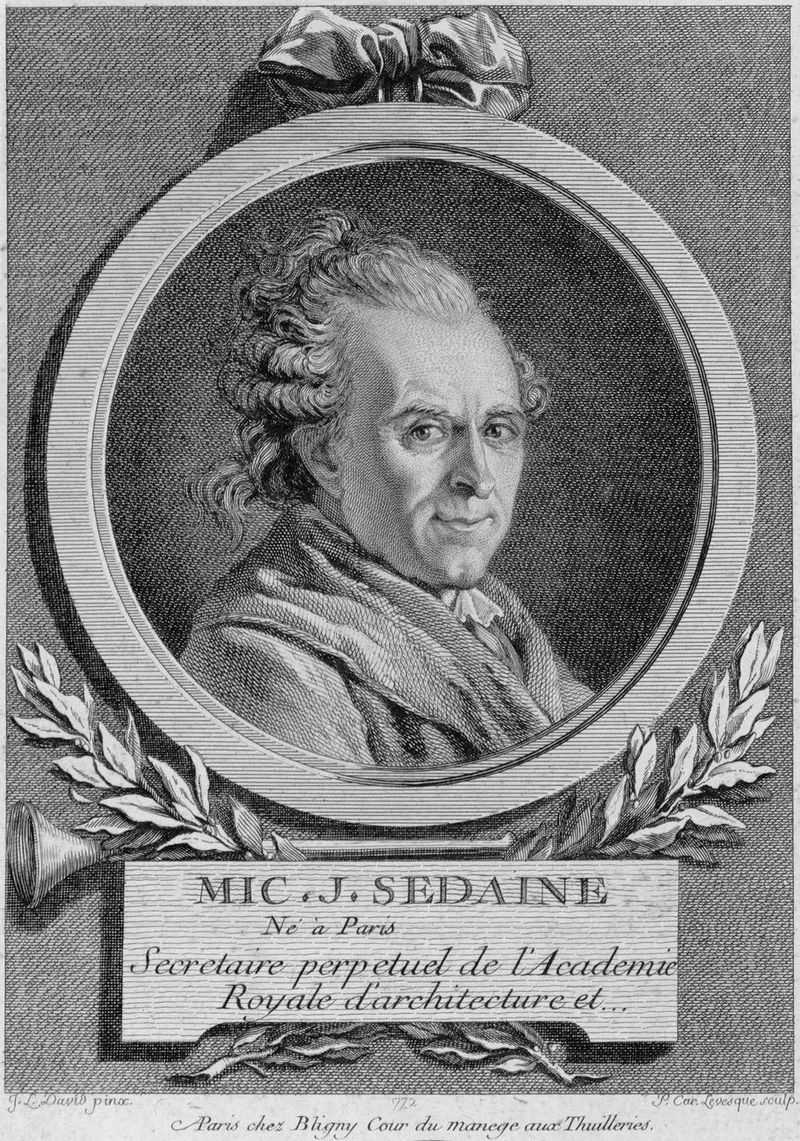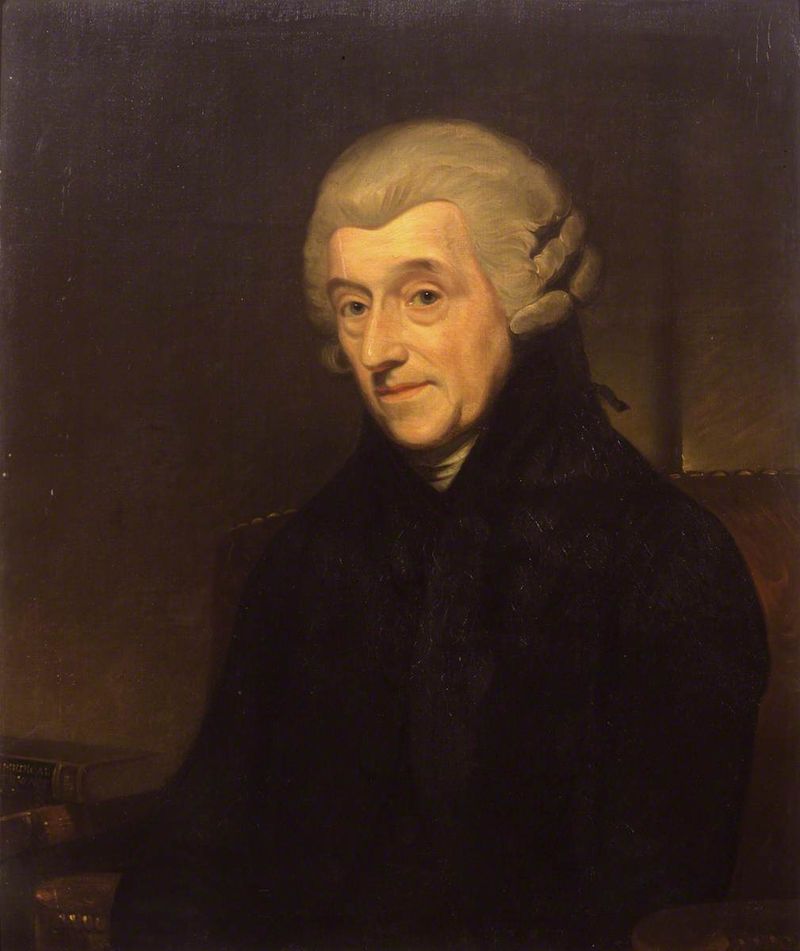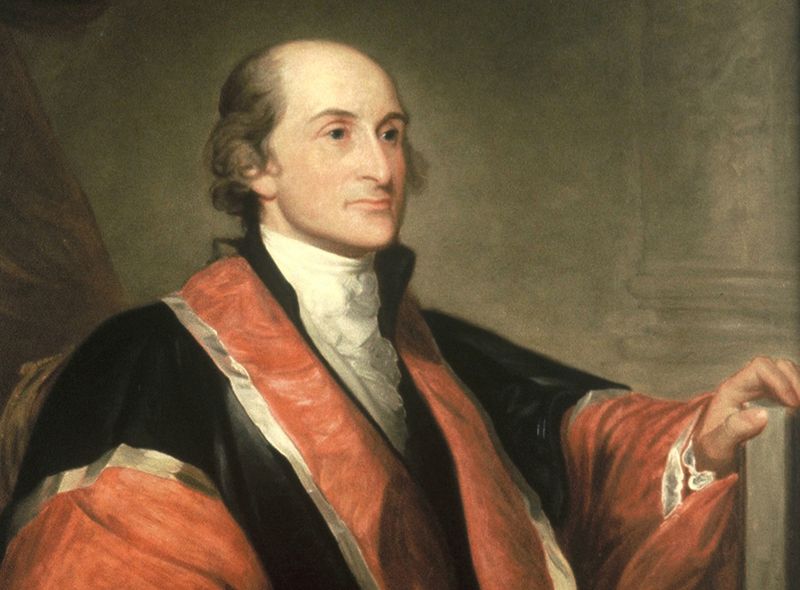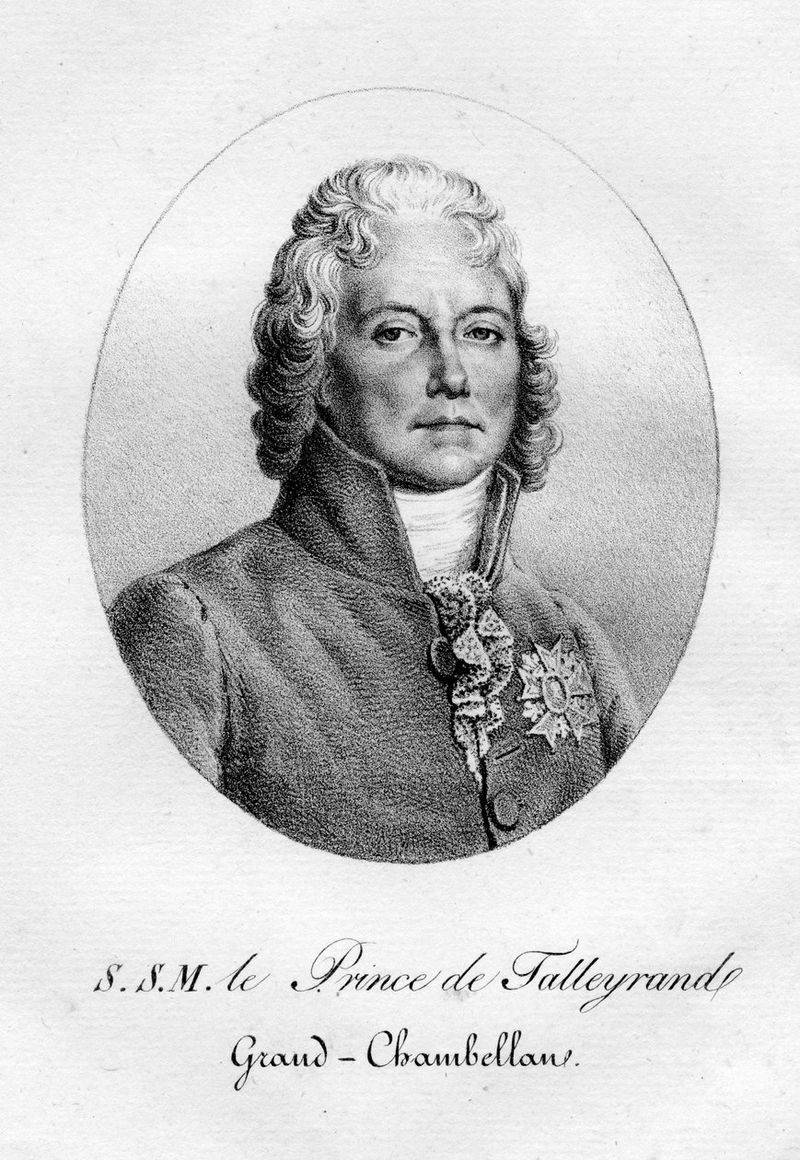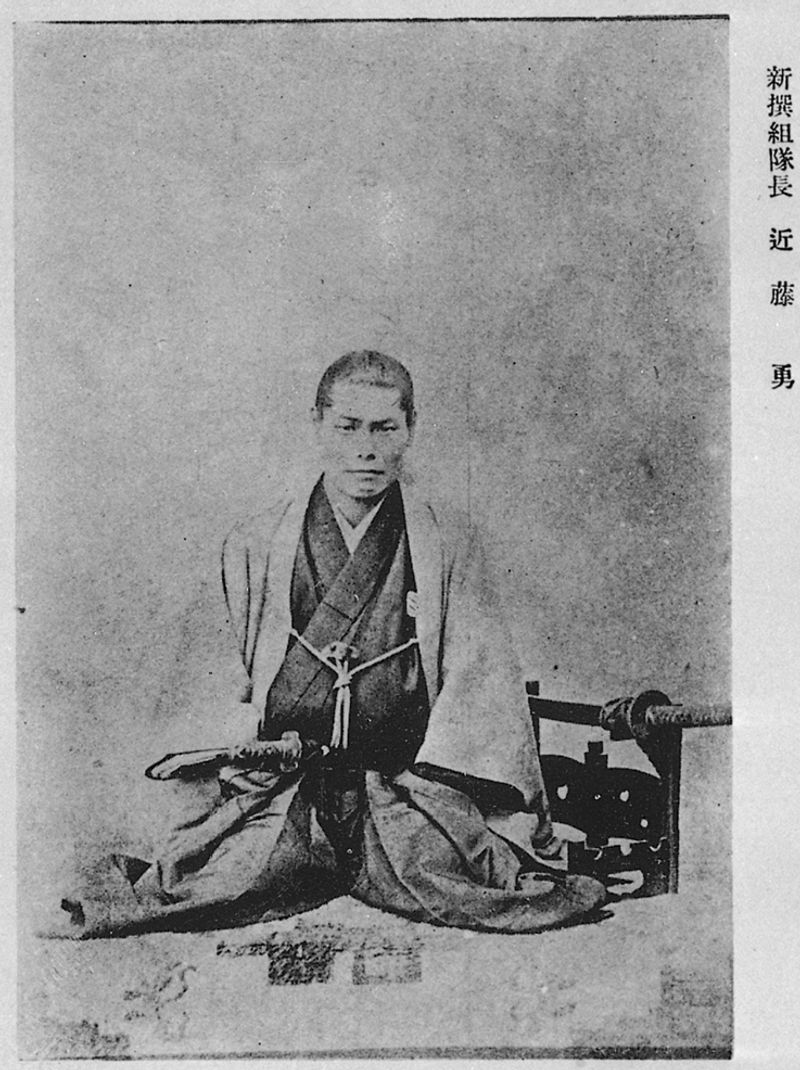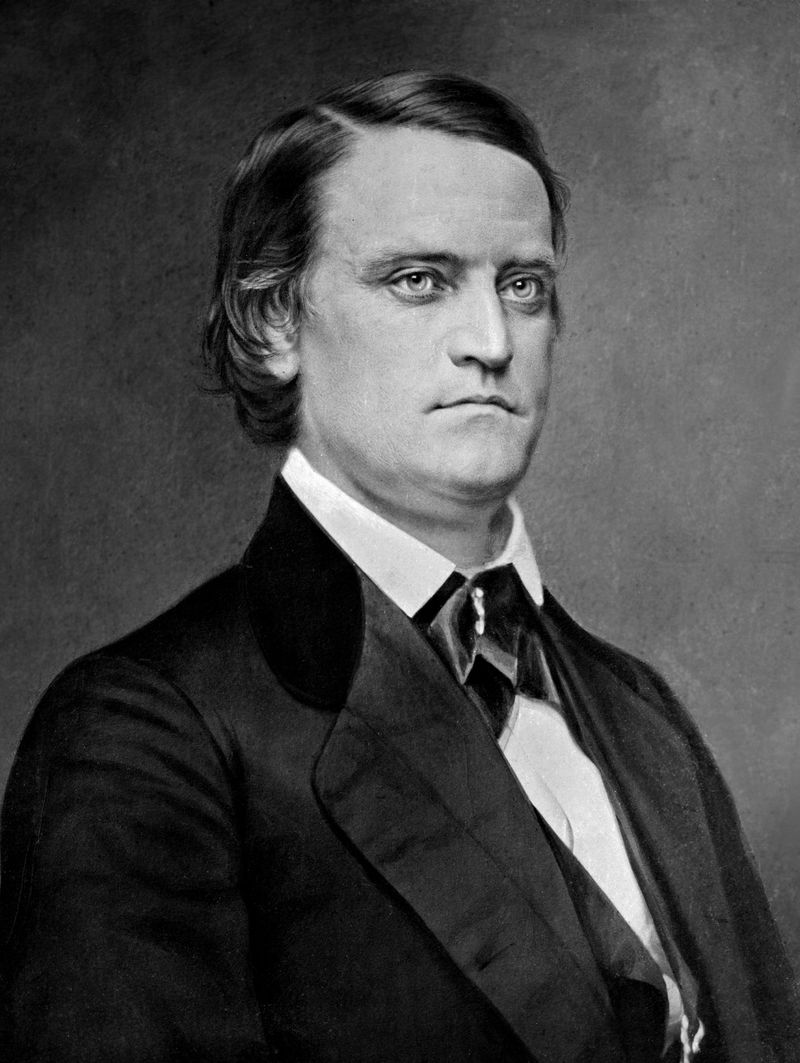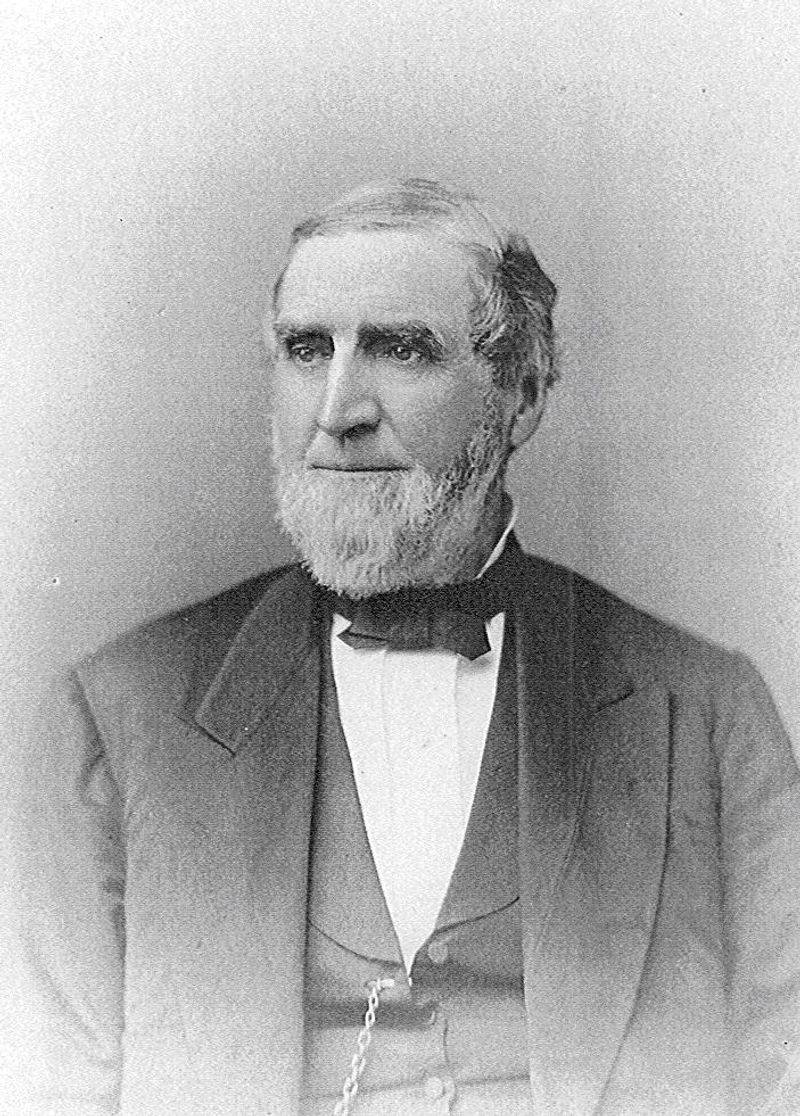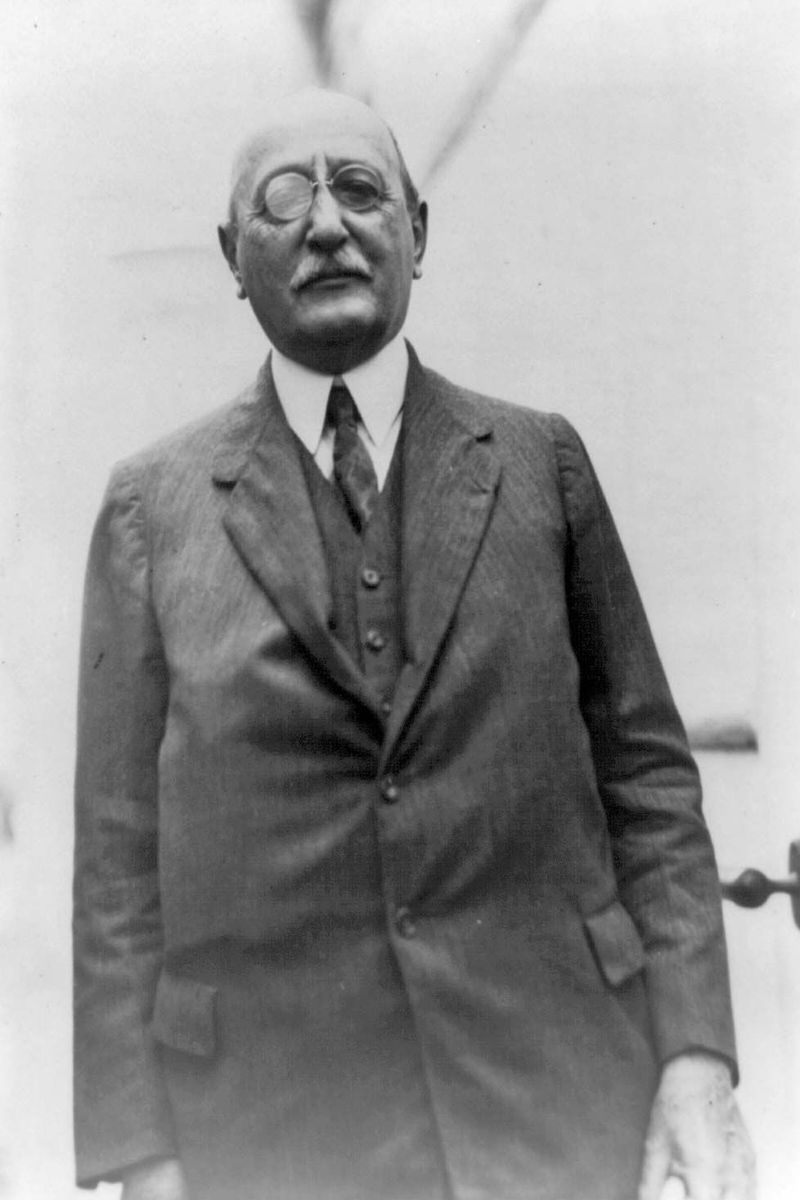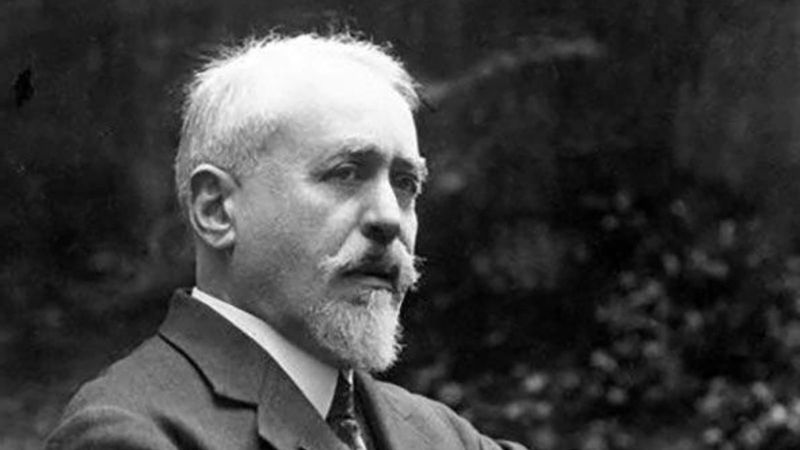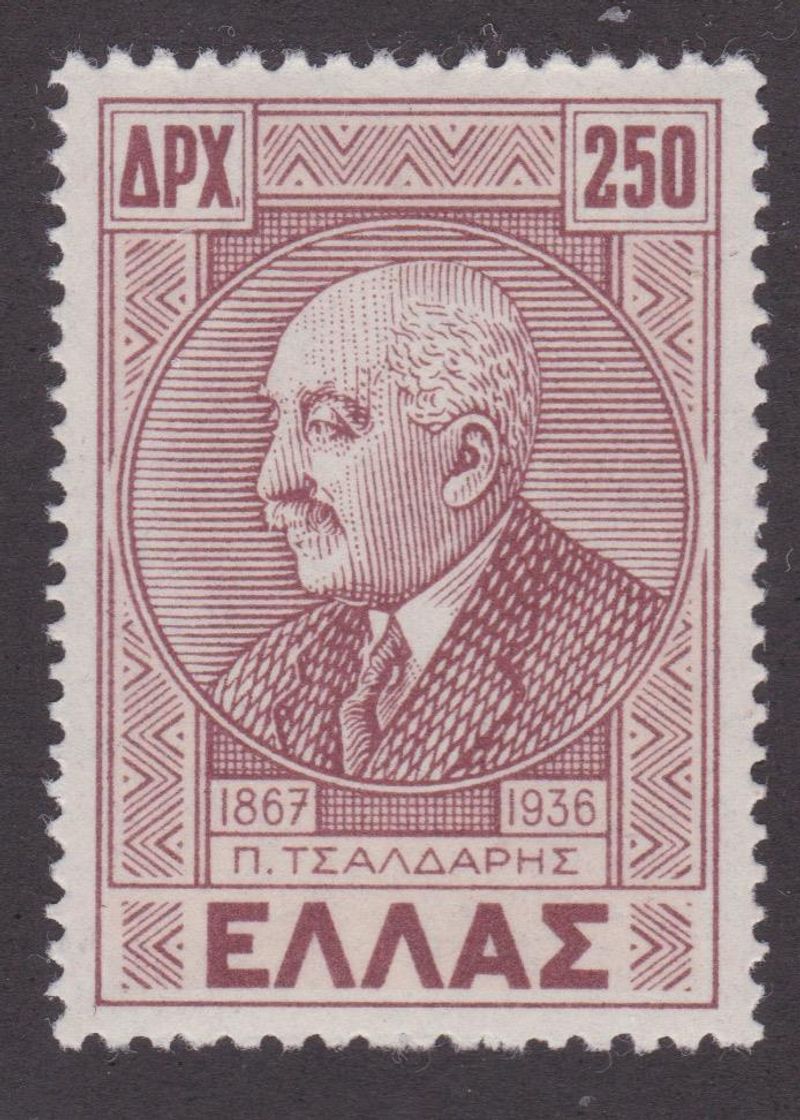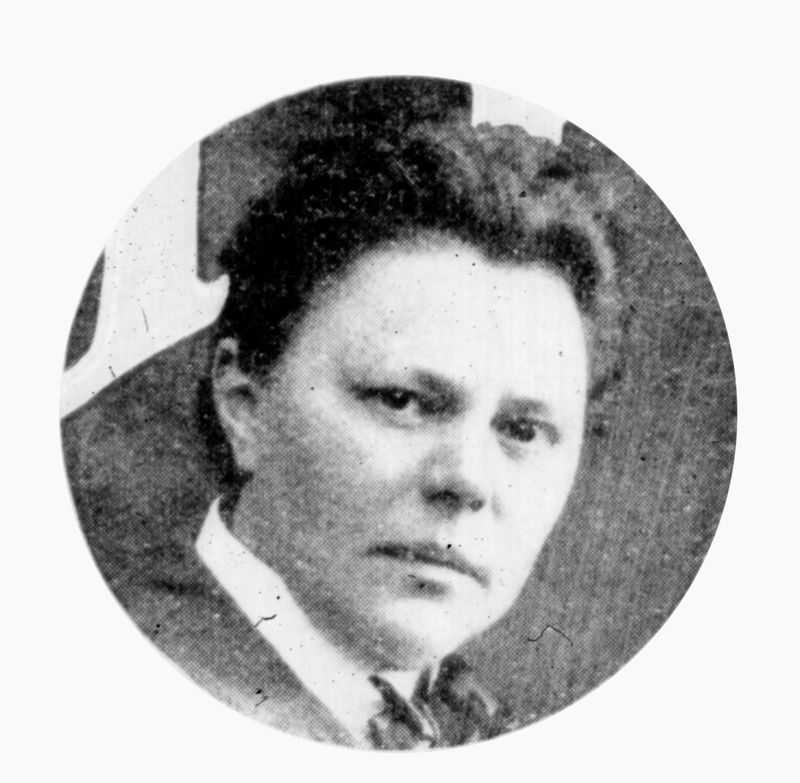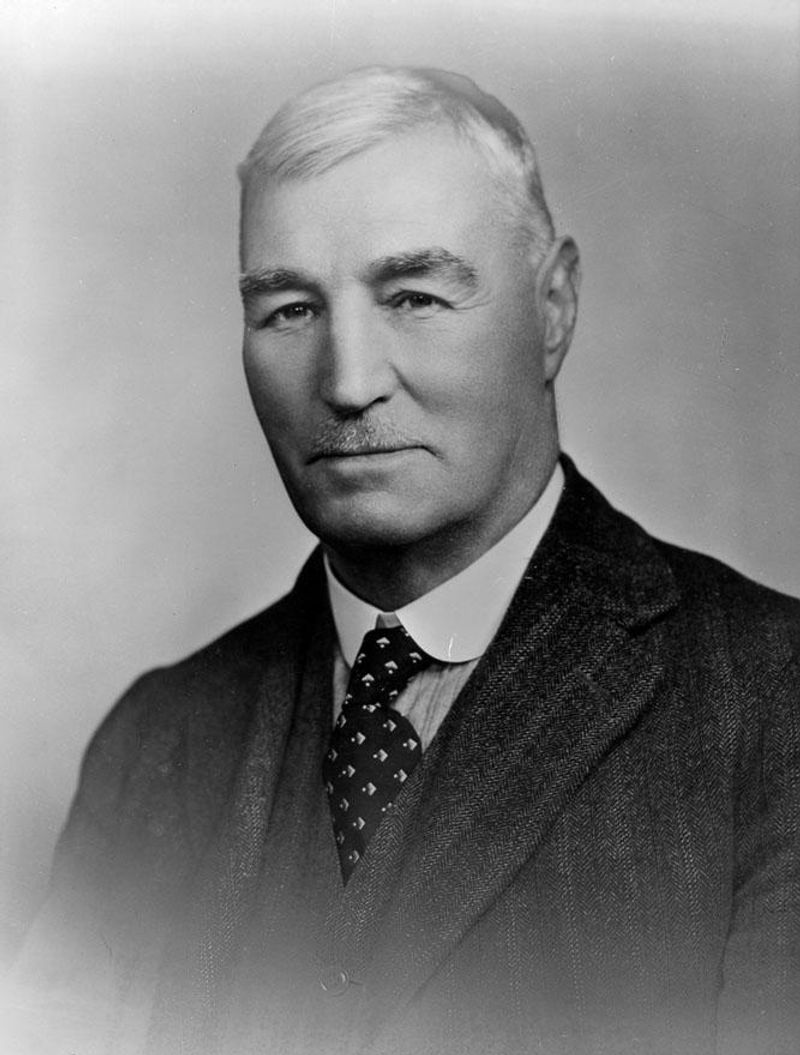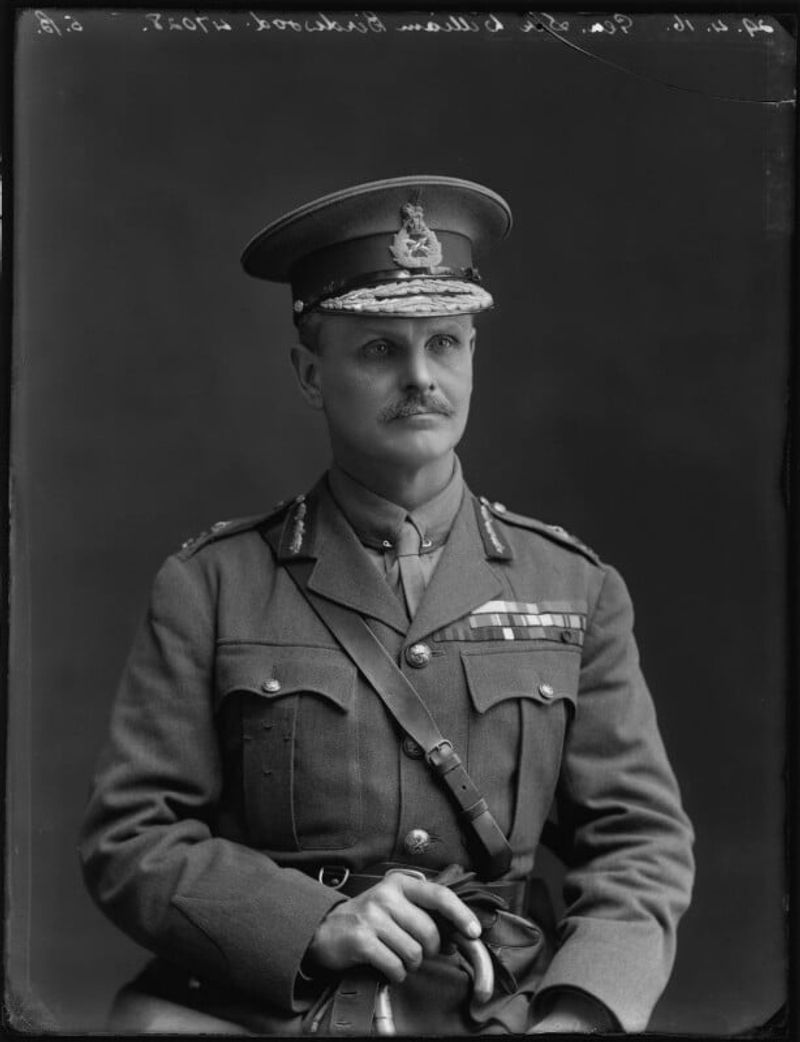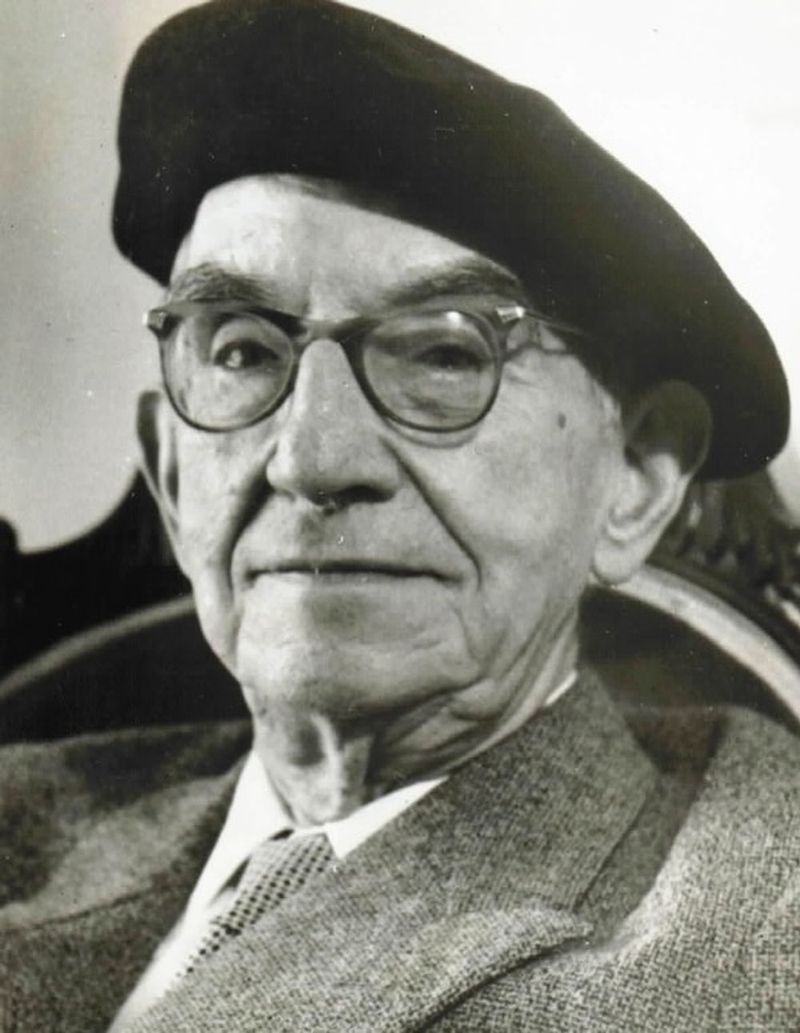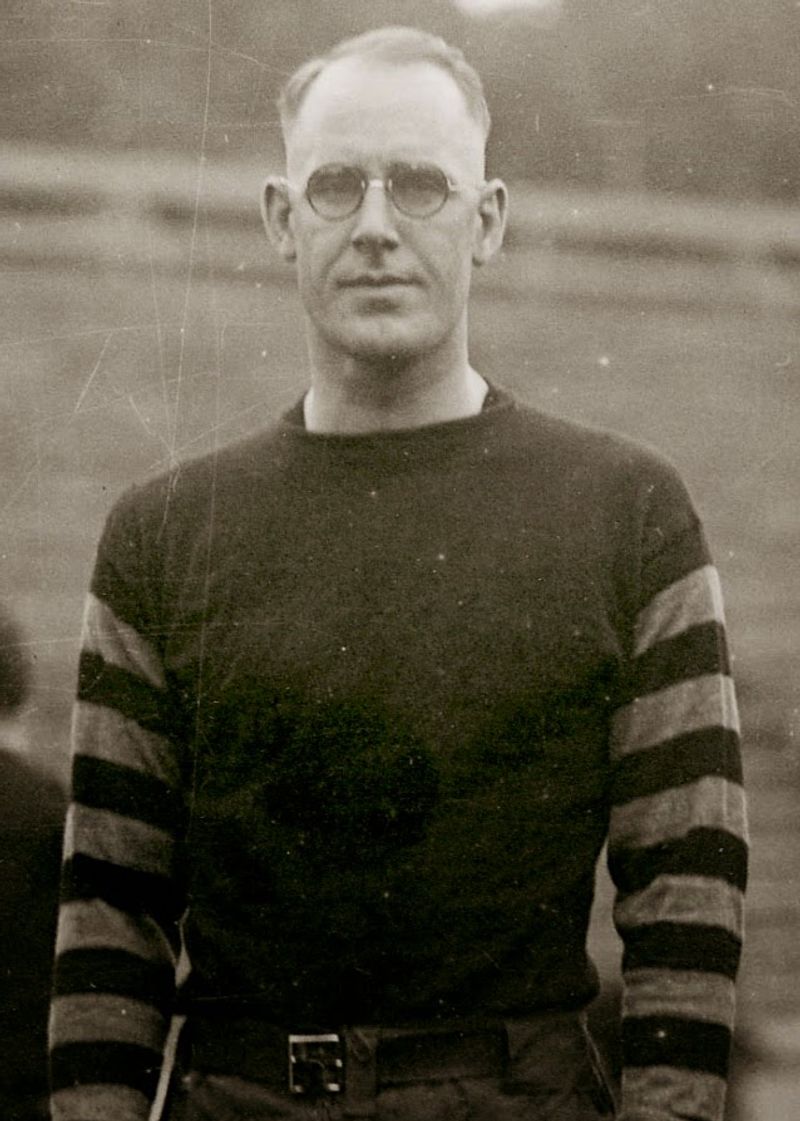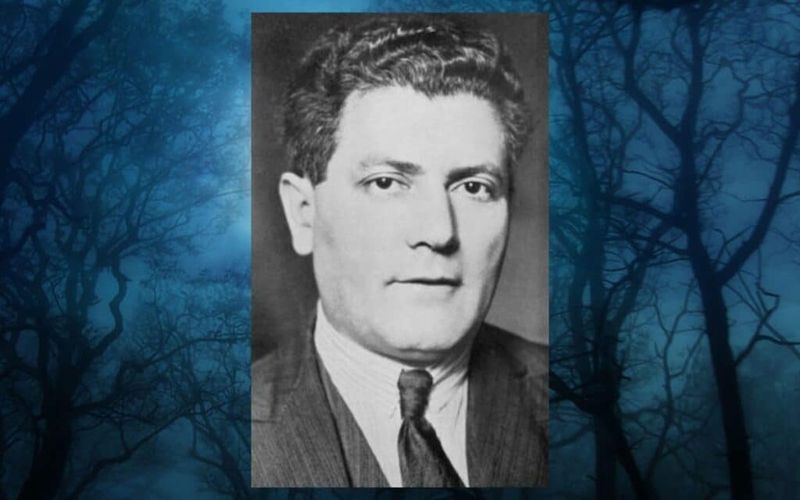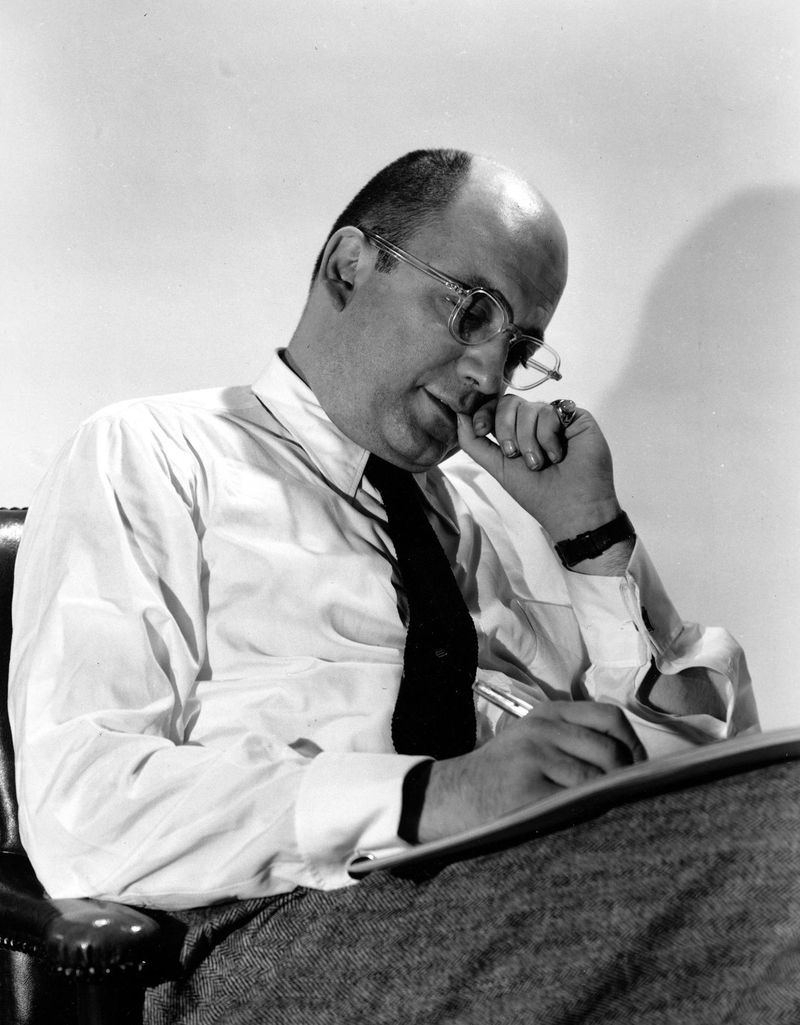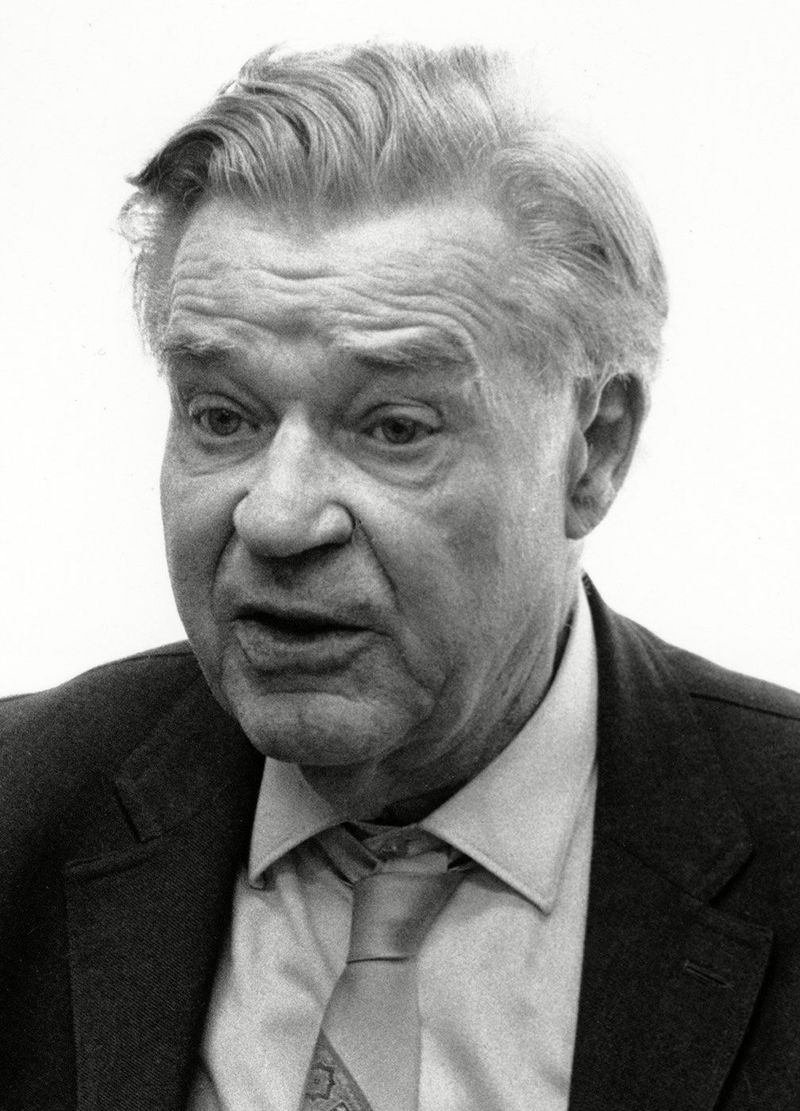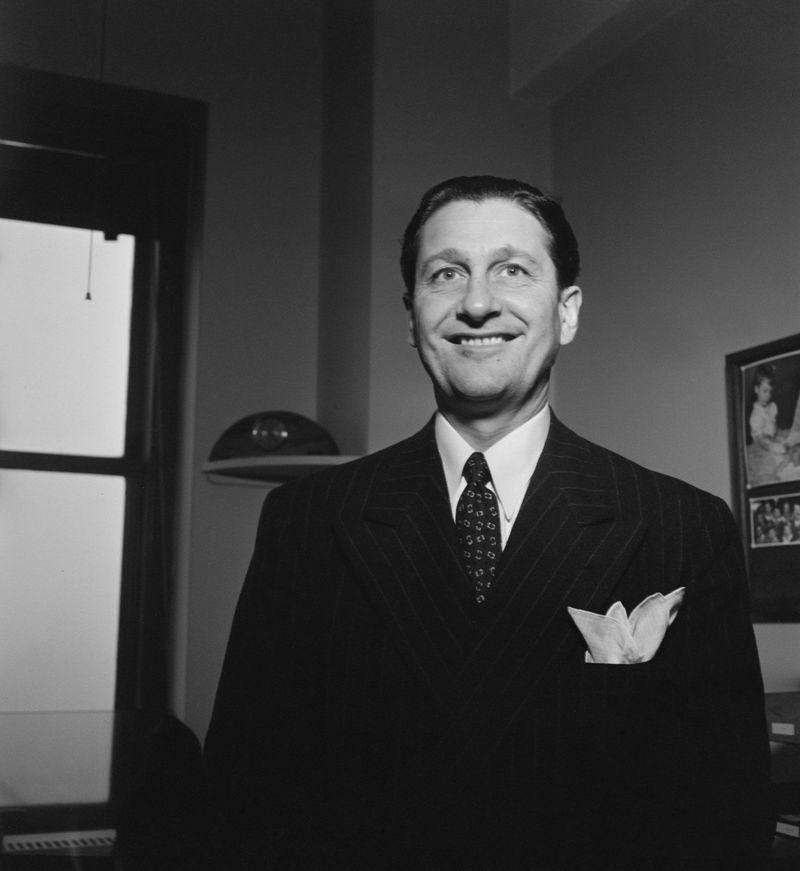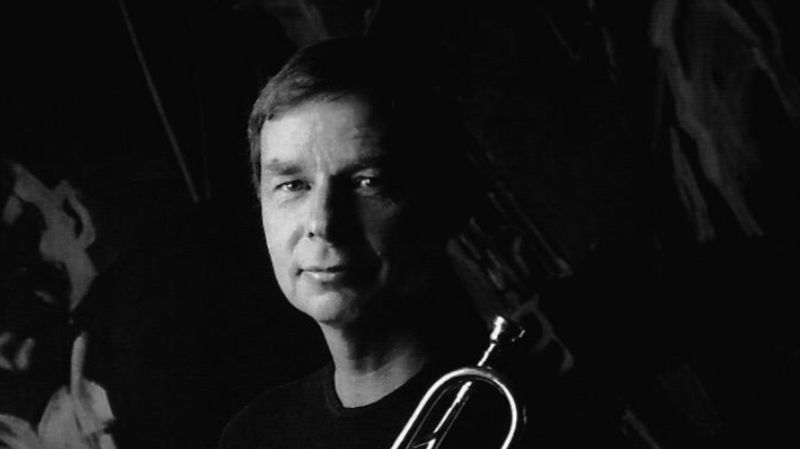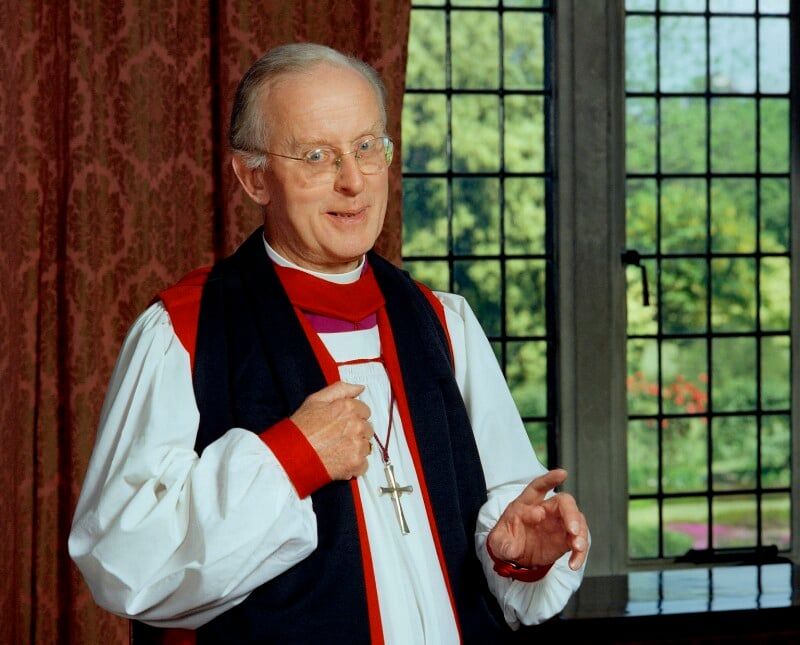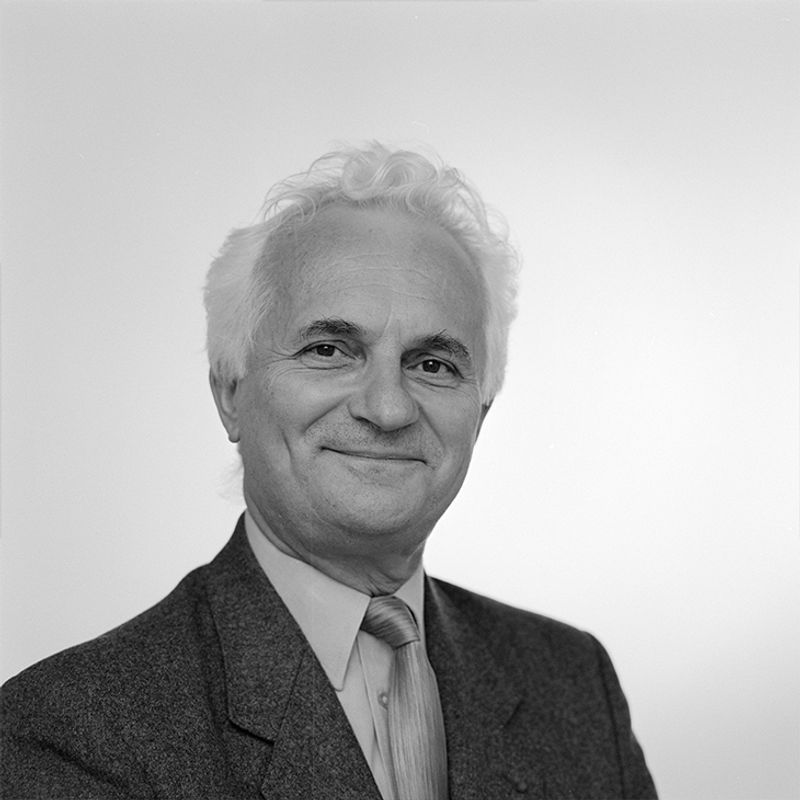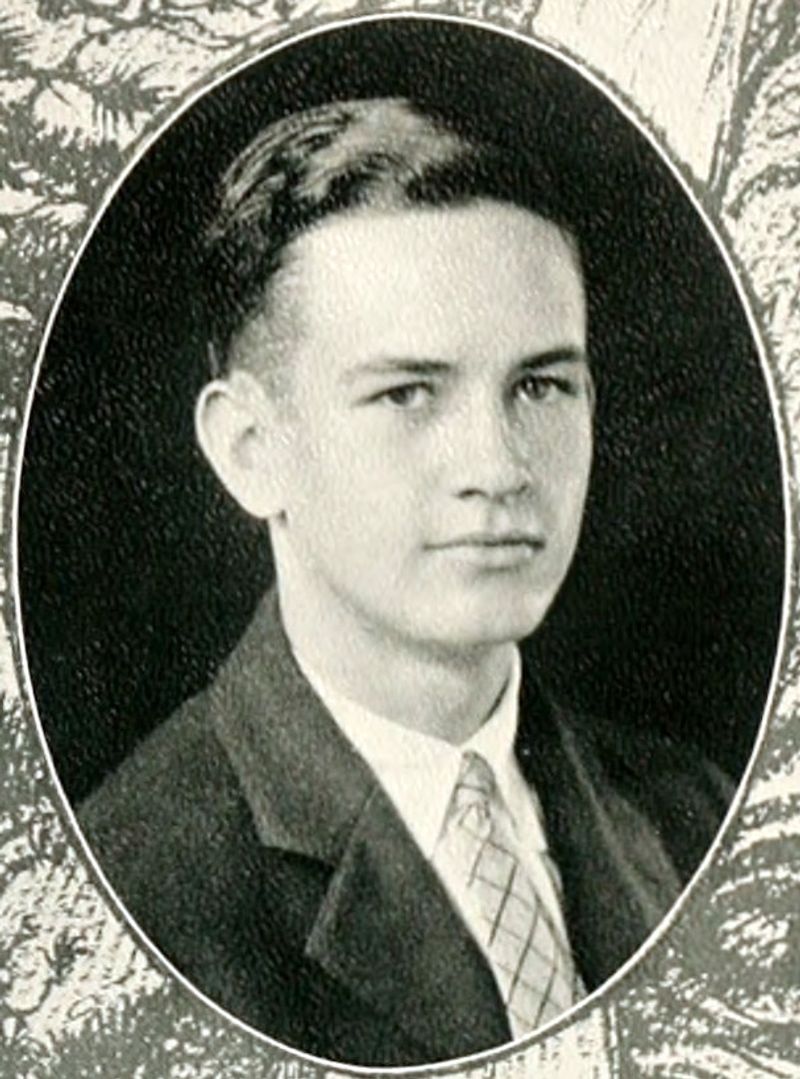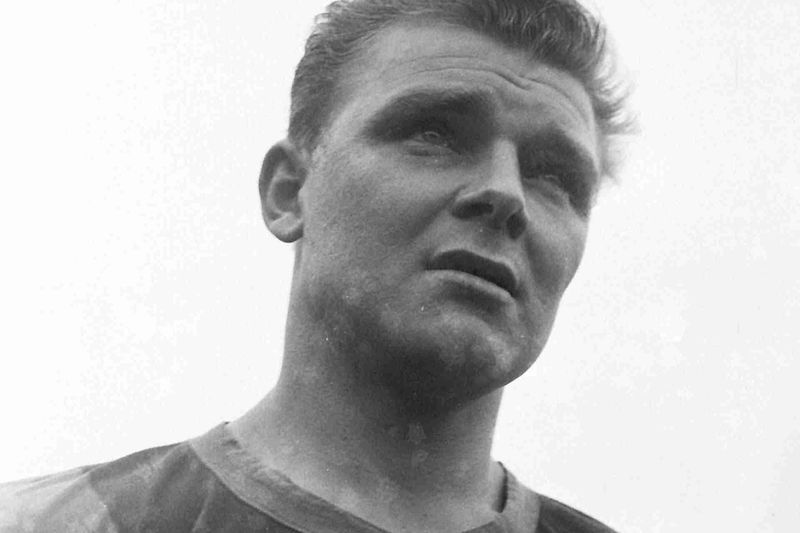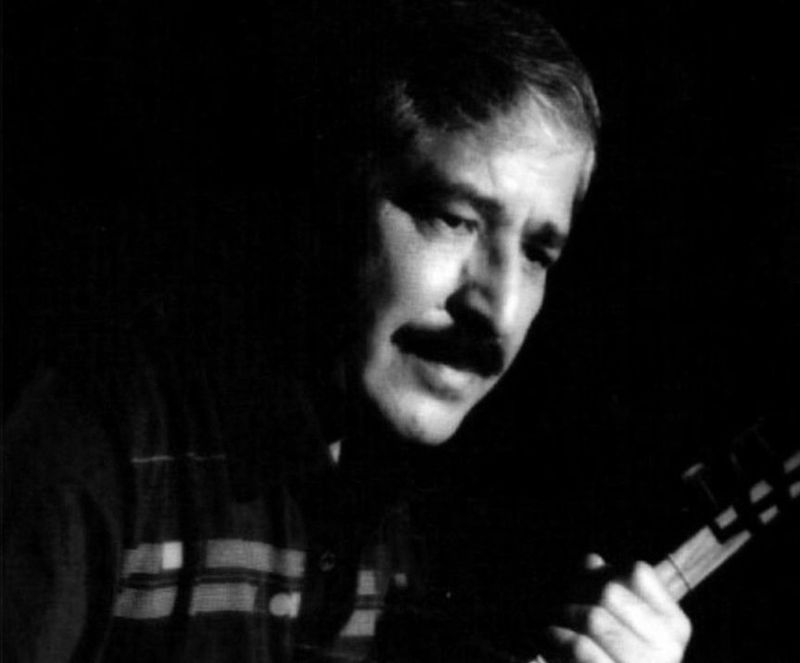Explore the lives and contributions of 29 famous individuals who passed away on May 17. From musicians, mathematicians, to political leaders, each figure left an indelible mark on history.
1. Alexis Clairaut, French Mathematician, 1765
Alexis Clairaut was a prominent French mathematician known for his work in geometry and physics. He made significant contributions to the understanding of celestial mechanics. His theories about the shape of the Earth were groundbreaking at the time. Clairaut’s talents were recognized early, and he became a member of the French Academy of Sciences at just 18. His work influenced many later scientists and mathematicians. Although his life was relatively short, his impact on mathematics and science was substantial. Did you know? Clairaut was part of the expedition to Lapland to measure a degree of the meridian.
2. Michel-Jean Sedaine, French Dramatist, 1797
Michel-Jean Sedaine was a celebrated French dramatist whose plays captured the essence of 18th-century society. Known for his ability to weave humor with social commentary, his works were popular among audiences and critics alike. Sedaine’s plays often explored human nature and societal norms. He was a prominent figure in the French theatrical scene, contributing to the richness of French literature. Despite changes in theatrical tastes, his legacy as a playwright endures. Fun fact: Sedaine’s play ‘Richard Coeur-de-lion’ was particularly successful and remains a significant work in French theater history.
3. William Heberden, English Physician, 1801
William Heberden was a distinguished English physician renowned for his detailed medical observations. He is best known for his description of angina pectoris, a term he coined. Heberden’s meticulous approach to medicine contributed to the advancement of clinical diagnosis. His work laid the foundation for future medical research. Heberden’s recorded observations on various diseases have had a lasting impact on the field. Did you know? His publication ‘Commentaries on the History and Cure of Diseases’ is still referenced by medical historians today.
4. John Jay, First U.S. Chief Justice, 1829
John Jay was an influential American statesman and the first Chief Justice of the United States. His judicial and diplomatic contributions were crucial in the early years of the nation. Jay played a significant role in drafting the U.S. Constitution and shaping the judicial system. His sense of justice and integrity earned him respect across the political spectrum. Jay’s legacy as a founding father and legal pioneer continues to be celebrated. Did you know? He also served as the President of the Continental Congress and negotiated the Treaty of Paris, ending the American Revolutionary War.
5. René Caillié, French Explorer, 1838
René Caillié was a daring French explorer who achieved fame as the first European to return from Timbuktu and live to tell the tale. His journey through the African continent was fraught with danger and intrigue. Caillié’s meticulous accounts provided invaluable insights into African geography and cultures. His travels were driven by a desire for adventure and knowledge. Despite many challenges, his determination led to significant discoveries. Fun fact: Caillié won a major prize from the Société de Géographie for his successful expeditions.
6. Charles Maurice de Talleyrand-Périgord, French Diplomat, 1838
Charles Maurice de Talleyrand-Périgord was one of France’s most astute and influential diplomats. Known for his cunning and adaptability, he served under multiple regimes, navigating the turbulent political landscape of his time. Talleyrand played pivotal roles in key historical events, including the Congress of Vienna. His diplomatic skills were unmatched, earning him both admiration and criticism. Talleyrand’s legacy is a testament to the power of diplomacy and political acumen. Did you know? He was known for his sharp wit and famously said, ‘Speech was given to man to disguise his thoughts.’
7. Kondō Isami, Japanese Samurai, 1868
Kondō Isami was a distinguished samurai leader and the commander of the Shinsengumi, a special police force during Japan’s late Edo period. Known for his unwavering loyalty and martial prowess, Kondō became a symbol of the samurai spirit. His leadership was characterized by strict discipline and honor. Despite facing immense challenges, his legacy as a stalwart of the samurai tradition endures. Kondō’s life and deeds have been immortalized in numerous books and films. Did you know? The Shinsengumi was often romanticized in Japanese popular culture, highlighting their role in a transformative era.
8. John C. Breckinridge, U.S. Vice President, 1875
John C. Breckinridge served as the 14th Vice President of the United States and was the youngest person to hold the office at the time. Known for his eloquence and political acumen, he played a significant role in American politics during a tumultuous period. Breckinridge’s career was marked by his efforts to navigate the complexities of a nation on the brink of civil war. Despite controversies, his impact on political discourse was substantial. Fun fact: After the Civil War, Breckinridge lived in exile and later returned to practice law.
9. Asa Packer, American Industrialist, 1879
Asa Packer was a visionary American industrialist and philanthropist who played a pivotal role in the development of the railroad industry. His entrepreneurial spirit led to the founding of the Lehigh Valley Railroad, which transformed transportation and commerce. Packer’s success in business was matched by his commitment to education and community development. He founded Lehigh University, contributing to the advancement of higher education. Did you know? Packer’s legacy is still visible today, with Lehigh University being a leading educational institution.
10. Cass Gilbert, American Architect, 1934
Cass Gilbert was a prolific American architect known for designing landmark buildings such as the Woolworth Building in New York City. His work was characterized by its grandeur and attention to detail. Gilbert’s designs often blended classical and modern elements, creating iconic structures that defined the urban landscape. His contributions to architecture were instrumental in shaping modern cityscapes. Fun fact: The Woolworth Building was once the tallest building in the world and is considered a masterpiece of neo-gothic architecture.
11. Paul Dukas, French Composer, 1935
Paul Dukas was an influential French composer best known for his orchestral work ‘The Sorcerer’s Apprentice.’ His music, characterized by its rich textures and imaginative themes, left a lasting impact on the world of classical music. Dukas’s meticulous approach to composition set him apart from his contemporaries. Despite writing relatively few works, each composition was crafted with precision and artistry. Fun fact: ‘The Sorcerer’s Apprentice’ gained widespread popularity after being featured in Disney’s ‘Fantasia.’
12. Panagis Tsaldaris, Greek Prime Minister, 1936
Panagis Tsaldaris was a prominent Greek politician who served as Prime Minister during a critical period in Greece’s history. His leadership was marked by efforts to stabilize the country’s political landscape amidst internal challenges. Tsaldaris’s dedication to public service and governance was evident throughout his career. His tenure as Prime Minister was characterized by a commitment to democratic principles. Despite political turbulence, his contributions to Greek politics were significant. Fun fact: Tsaldaris was the first Greek Prime Minister to visit the United States.
13. Johanna Elberskirchen, German Author and Activist, 1943
Johanna Elberskirchen was a pioneering German author and activist who championed women’s rights and social reform. Her writings and activism focused on gender equality and sexual education, challenging societal norms of her time. Elberskirchen’s work was instrumental in advancing the feminist movement in Germany. Despite facing opposition, her determination to advocate for social change never wavered. Her legacy is celebrated by feminists and activists worldwide. Did you know? Elberskirchen was one of the first to publicly discuss homosexuality and women’s rights in Germany.
14. George Forbes, New Zealand Prime Minister, 1947
George Forbes was a key political figure in New Zealand, serving as Prime Minister during the Great Depression. His leadership was marked by efforts to navigate the economic challenges faced by the country. Forbes’s pragmatic approach to governance helped stabilize New Zealand’s economy. Despite the difficulties of the era, his tenure as Prime Minister was noted for its resilience and determination. Forbes’s contributions to New Zealand politics are remembered as part of the nation’s rich political history. Fun fact: Forbes was known for his dry wit and straightforward manner.
15. William Birdwood, British Field Marshal, 1951
William Birdwood was a distinguished British Field Marshal renowned for his leadership during World War I. As commander of the Anzac Corps, he played a crucial role in the Gallipoli Campaign and later on the Western Front. Birdwood’s military career was marked by strategic acumen and dedication to his troops. His contributions to the war efforts were recognized with numerous honors. Despite the challenges of wartime, his leadership left a lasting impact. Fun fact: Birdwood was affectionately nicknamed ‘Birdie’ by his soldiers.
16. Jules Supervielle, French-Uruguayan Poet, 1960
Jules Supervielle was a celebrated French-Uruguayan poet known for his evocative and imaginative works. His poetry, characterized by its lyrical quality and emotional depth, resonated with readers across cultures. Supervielle’s ability to blend European and Latin American influences set his work apart. He was a prominent figure in the literary world, influencing the modernist movement. Despite the passage of time, his poetry continues to inspire. Fun fact: Supervielle’s family was originally from the Basque region, adding a unique dimension to his cultural heritage.
17. John Wilce, American Football Coach and Physician, 1963
John Wilce was a respected American football coach and physician, best known for his tenure as head coach at Ohio State University. Under his leadership, the team achieved significant success. Wilce’s dual career in sports and medicine was a testament to his versatility and dedication. His innovative coaching techniques left a lasting mark on college football. Despite challenges, his contributions to both fields were substantial. Did you know? Wilce was inducted into the College Football Hall of Fame in recognition of his achievements.
18. Nandor Fodor, Hungarian-American Psychologist, 1964
Nandor Fodor was a pioneering Hungarian-American psychologist known for his research into the paranormal and psychoanalysis. His work explored the intersection of psychology and supernatural phenomena. Fodor’s theories offered new perspectives on human consciousness and the unexplained. His writings attracted both intrigue and skepticism. Despite controversy, his contributions to psychology were significant. Fun fact: Fodor’s book ‘The Haunted Mind’ delved into the psychological underpinnings of ghostly experiences.
19. Abe Burrows, American Director and Composer, 1985
Abe Burrows was a talented American director and composer, celebrated for his work in musical theater. His contributions to Broadway were marked by wit and creativity. Burrows co-wrote and directed hit shows such as ‘Guys and Dolls,’ leaving an indelible mark on the theatrical world. His ability to blend humor with storytelling endeared him to audiences. Despite changing trends, his work remains beloved by theater enthusiasts. Fun fact: Burrows initially pursued a career in advertising before finding success in theater.
20. Gunnar Myrdal, Swedish Economist and Nobel Laureate, 1987
Gunnar Myrdal was a renowned Swedish economist and sociologist who received the Nobel Prize for his pioneering work on economic theory and public policy. His research addressed issues of poverty and inequality, influencing global economic thought. Myrdal’s contributions extended beyond academia, impacting social and political discourse. Despite challenges, his dedication to social justice was unwavering. Fun fact: Myrdal was married to Alva Myrdal, herself a Nobel laureate and a prominent figure in disarmament efforts.
21. Lawrence Welk, American Bandleader and TV Host, 1992
Lawrence Welk was an iconic American bandleader and television host known for his long-running variety show. His signature style and charming demeanor made him a beloved figure in entertainment. Welk’s show featured a mix of music, dance, and comedy, delighting audiences for decades. His contributions to television and music were significant, leaving a lasting legacy. Despite evolving entertainment trends, his influence remains strong. Fun fact: Welk was known for his distinctive accent and catchphrase, ‘Wunnerful, wunnerful!’
22. Toe Blake, Canadian Hockey Player and Coach, 1995
Toe Blake was a legendary Canadian hockey player and coach whose impact on the sport was profound. As a player, he was known for his skill and determination, winning multiple Stanley Cups. Blake’s transition to coaching saw even greater success, with his teams capturing numerous championships. His leadership and strategic acumen set him apart in the hockey world. Despite challenges, his legacy in the sport endures. Fun fact: Blake was part of the famed ‘Punch Line’ alongside Maurice Richard and Elmer Lach.
23. Kevin Gilbert, American Musician and Producer, 1996
Kevin Gilbert was an innovative American musician and producer known for his work in progressive rock and pop music. His talent for blending musical styles resulted in a unique sound that captivated audiences. Gilbert’s contributions to music were marked by creativity and passion. Despite a tragically short life, his influence on the music industry was significant. His work continues to inspire musicians and fans alike. Did you know? Gilbert was involved in the creation of the hit song ‘Tuesday Night Music Club’ with Sheryl Crow.
24. Bruce Fairbairn, Canadian Music Producer, 1999
Bruce Fairbairn was a celebrated Canadian music producer known for his work with rock bands like Aerosmith and Bon Jovi. His production style was characterized by its clarity and power, helping artists achieve massive commercial success. Fairbairn’s contributions to the music industry were instrumental in shaping the sound of rock music. Despite the challenges of the industry, his impact remains influential. Fun fact: Fairbairn’s production work on Bon Jovi’s ‘Slippery When Wet’ album was pivotal in its success, making it one of the best-selling albums of all time.
25. Donald Coggan, Archbishop of Canterbury, 2000
Donald Coggan was a revered Archbishop of Canterbury who served during a transformative period in the Church of England. His leadership was marked by efforts to modernize the church and promote ecumenism. Coggan’s contributions to religious dialogue and unity were significant. Despite challenges within the church, his vision for inclusivity and progress left a lasting impact. Fun fact: Before becoming Archbishop, Coggan was an accomplished scholar and linguist.
26. Jacques-Louis Lions, French Mathematician, 2001
Jacques-Louis Lions was a highly respected French mathematician known for his contributions to applied mathematics and partial differential equations. His work influenced a wide range of scientific fields, from engineering to physics. Lions’s research was characterized by its depth and innovation. Despite the complexities of his work, his insights paved the way for advancements in mathematics. His legacy is celebrated by mathematicians and scientists worldwide. Fun fact: Lions was the president of the International Mathematical Union, promoting global collaboration in mathematics.
27. Frank G. Slaughter, American Physician and Author, 2001
Frank G. Slaughter was a prolific American physician and author known for his medical-themed novels. His storytelling blended medical knowledge with suspense, captivating readers worldwide. Slaughter’s dual career as a doctor and writer was a testament to his versatility and creativity. His novels often drew on his experiences in medicine, providing authentic insights into the field. Despite the changing literary landscape, his work remains popular. Fun fact: Slaughter’s books sold over 60 million copies, making him one of the best-selling authors of his time.
28. László Kubala, Hungarian-Spanish Footballer and Coach, 2002
László Kubala was a legendary Hungarian-Spanish footballer and coach known for his exceptional skill and versatility on the field. His contributions to football were marked by his ability to adapt and innovate, earning him a place among the sport’s greats. Kubala’s career spanned multiple countries, making significant impacts wherever he played. Despite challenges, his passion for football was unwavering. His legacy is celebrated by fans and players worldwide. Fun fact: Kubala played for three different national teams: Czechoslovakia, Hungary, and Spain.
29. Aşık Mahzuni Şerif, Turkish Poet and Composer, 2002
Aşık Mahzuni Şerif was a renowned Turkish poet and composer celebrated for his contributions to Turkish folk music. His works, rich in cultural and social themes, resonated deeply with audiences. Mahzuni Şerif’s ability to blend traditional melodies with contemporary issues made him a beloved figure in Turkish music. Despite facing political challenges, his dedication to his art never wavered. His legacy is cherished by music lovers and cultural enthusiasts alike. Fun fact: Mahzuni Şerif’s songs often addressed themes of justice and humanity.
